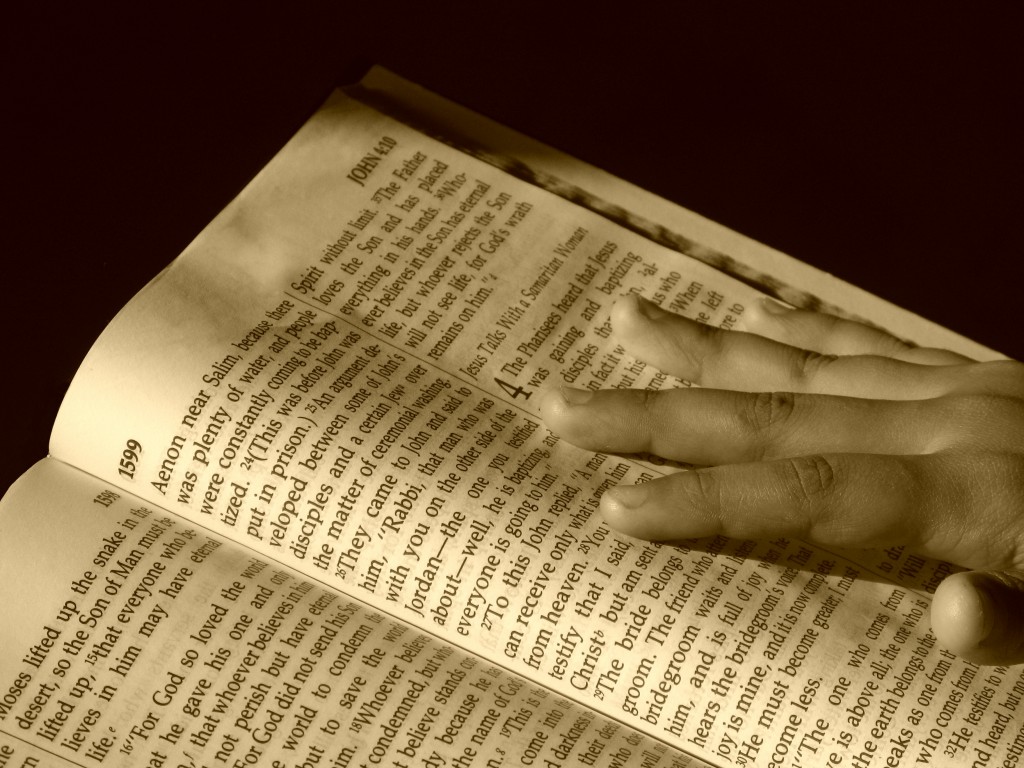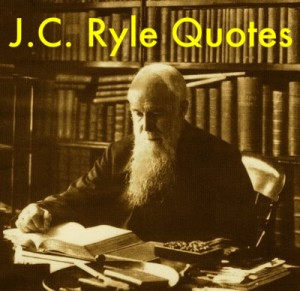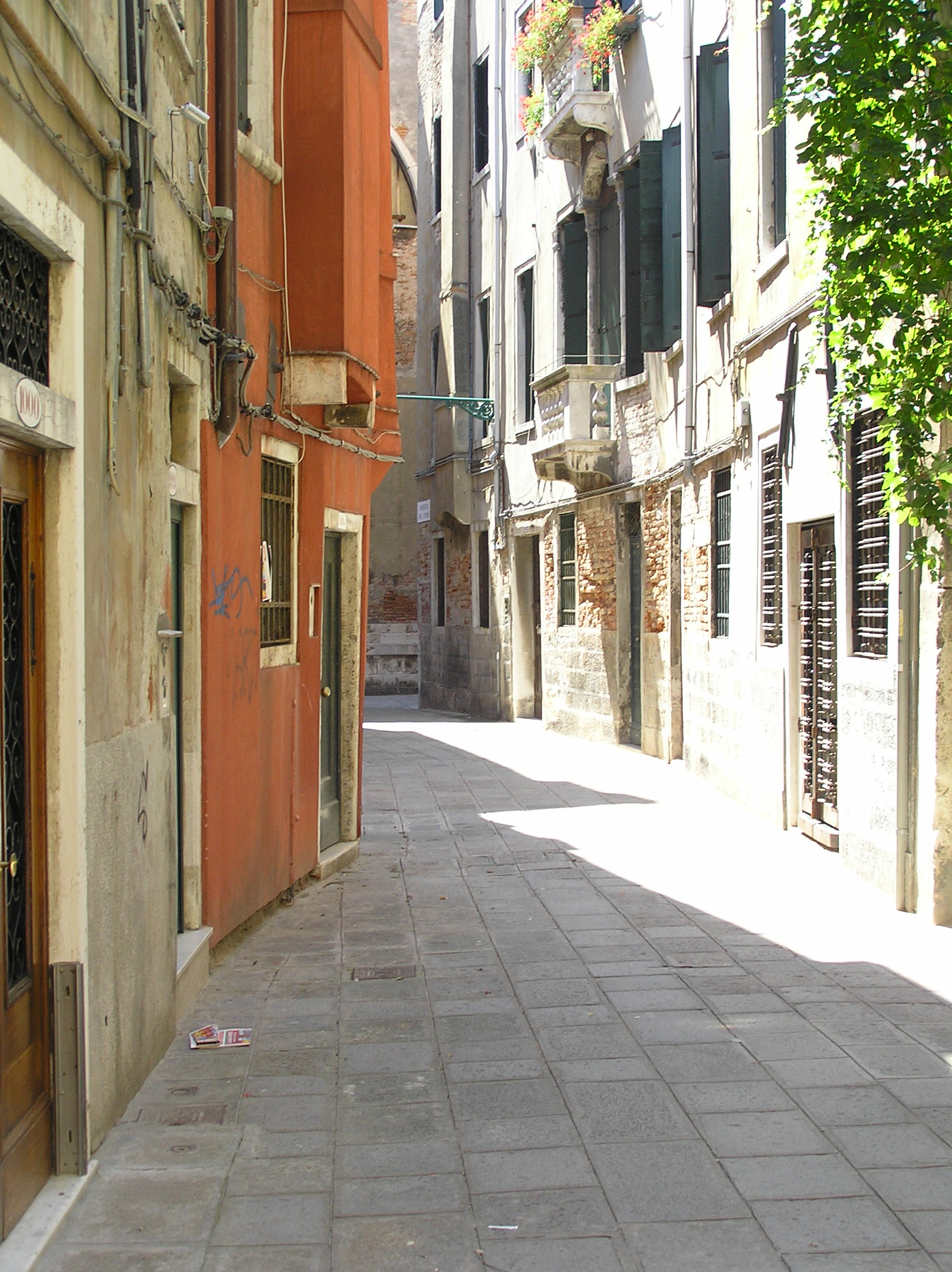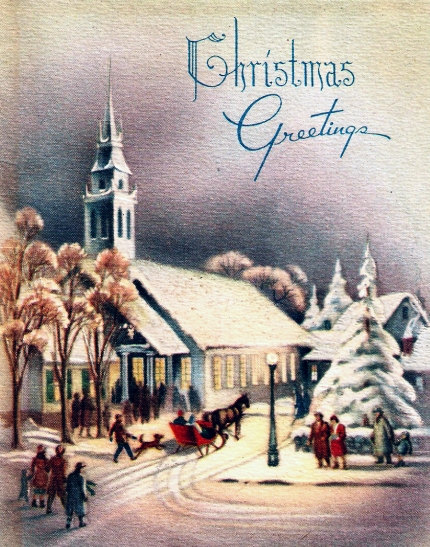Wednesday Wisdom: Automatic Christianity
 A.W. Tozer was born in 1897. When he wrote these words, the climate of Christianity was much different than it is now. Or was it? I can never get over the foresight of this author. But, perhaps it wasn’t foresight, but an awareness of the direction the church was headed instead. Can we change it? With God’s help we can. Will we? Only God knows. However, as Tozer states in this excerpt from The Pursuit of God, we can personally repent and turn towards God’s Word for our standards.
A.W. Tozer was born in 1897. When he wrote these words, the climate of Christianity was much different than it is now. Or was it? I can never get over the foresight of this author. But, perhaps it wasn’t foresight, but an awareness of the direction the church was headed instead. Can we change it? With God’s help we can. Will we? Only God knows. However, as Tozer states in this excerpt from The Pursuit of God, we can personally repent and turn towards God’s Word for our standards.
This entire book is well worth reading–
The idea of cultivation and exercise, so dear to the saints of old, has now no place in our total religious picture. It is too slow, too common. We now demand glamour and fast-flowing dramatic action. A generation of Christians reared among push buttons and automatic machines is impatient of slower and less direct methods of reaching their goals. We have been trying to apply machine-age methods to our relations with God. We read our chapter, have our short devotions and rush away, hoping to make up for our deep inward bankruptcy by attending another gospel meeting or listening to another thrilling story told by a religious adventurer lately returned from afar.
The tragic results of this spirit are all about us: shallow lives, hollow religious philosophies, the preponderance of the element of fun in gospel meetings, the glorification of men, trust in religious externalities, quasi-religious fellowships, salesmanship methods, the mistaking of dynamic personality for the power of the Spirit. These and such as these are the symptoms of an evil disease, a deep and serious malady of the soul.
For this great sickness that is upon us no one person is responsible, and no Christian is wholly free from blame. We have all contributed directly or indirectly, to this sad state of affairs. We have been too blind to see, or too timid to speak out, or too self-satisfied to desire anything better than the poor, average diet with which others appear satisfied. To put it differently, we have accepted one another’s notions, copied one another’s lives and made one another’s experiences the model for our own. And for a generation the trend has been downward. Now we have reached a low place of sand and burnt wire grass and, worst of all, we have made the Word of Truth conform to our experience and accepted this low plane as the very pasture of the blessed.
It will require a determined heart and more than a little courage to wrench ourselves loose from the grip of our times and return to biblical ways. But it can be done. Every now and then in the past Christians have had to do it. History has recorded several large-scale returns led by such men as St. Francis, Martin Luther and George Fox. Unfortunately, there seems to be no Luther or Fox on the horizon at present. Whether or not another such return may be expected before the coming of Christ is a question upon which Christians are not fully agreed, but that is not of too great importance to us now.
What God in His sovereignty may yet do on a world-scale I do not claim to know. But what He will do for the plain man or woman who seeks His face I believe I do know and can tell others. Let any man turn to God in earnest, let him begin to exercise himself unto godliness, let him seek to develop his powers of spiritual receptivity by trust and obedience and humility, and the results will exceed anything he may have hoped in his leaner and weaker days.
Any man who by repentance and a sincere return to God will break himself out of the mold in which he has been held, and will go to the Bible itself for his spiritual standards, will be delighted with what he finds there.
—Pursuit of God, The









